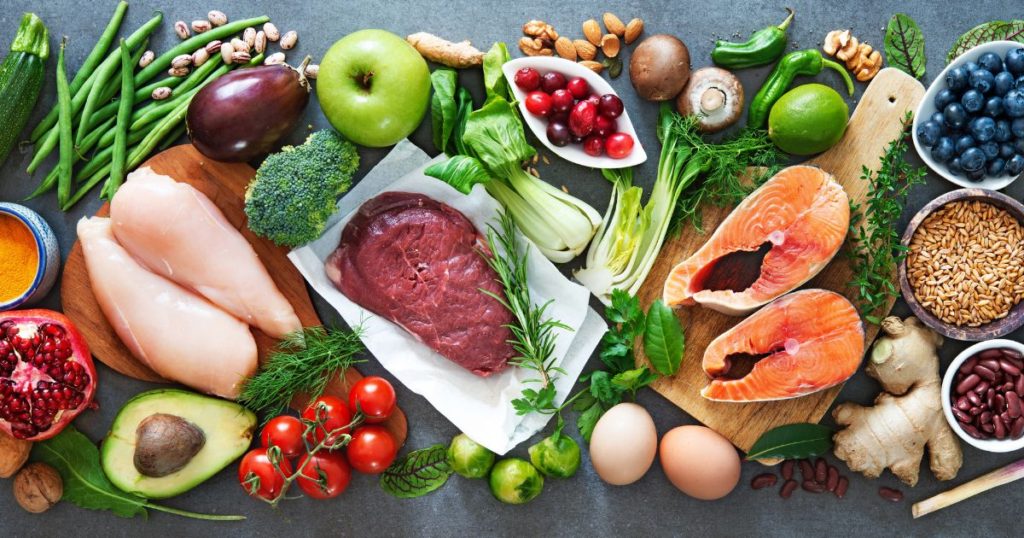The word diet means “a daily allowance” or “a way of life, a regimen”, depending on the origin of the word. In our current vocabulary, it usually is associated with weight loss programs. But a diet can refer to what one eats or drinks daily. So a diet goal could be to get healthy or live longer.
There are thousands of diets. Too many to list. But I thought I would mention some the common ones so you get the idea of the variety of diets out there. Weight Watchers diet, The Zone diet, Atkins diet, Paleo diet, Mediterranean diet, Ketogenic diet, Ayurvedic diet, Bernstein diet, Nutri System diet, Okinawa diet, Feingold diet, Macrobiotic diet, Thermogenic diet, Bulletproof diet, Hallelujah diet, DASH diet, Virgin diet, Dukan diet, Low sodium diet, Alkaline diet, Plant based diet, Juice diet, Hormone diet, Gluten free diet, Vegetarian diet, Vegan diet, Raw food diet, etc., etc.
The typical Western diet or some call it the SAD diet is a diet associated with increased disease. Many studies show that the abundance of over-processed, high-calorie, low-nutrient foods is responsible for a range of illnesses and diseases. The increase of heart disease and strokes, cancer, diabetes, and Alzheimer’s disease is very apparent everywhere we look. The stats are now saying cancer will affect 1 in 2 people. We all know people who are dealing with this diseases or have dealt with them.
So you may be asking, “What diet should I be eating? What is the right one for me?”. There are so many choices and it can be overwhelming with all the advertising we are bombarded with. The advertising takes us outside of our body when we really need to be listening to what our body wants. Every day our bodies require the energy we know as calories in order to function. What is interesting is that we all have different needs.
We are all biochemically individual. What that means is that we are genetically and biologically different from each other. We are all unique and have different dietary needs. Some people need to eat meat and others do best with little or no meat. We all process enzymes, hormones, amino acids, and vitamins differently and we have different metabolic pathways. Also, heredity, constitution, life cycle, and stress contribute to our differences.
That leads us to look at the role environment, stress, food, and emotions all play in our bodies. This is where epigenetics comes in. Previously it was thought our genes were the molecular units of heredity and we were predestined to what we inherited. It turns out that is not true anymore. An outer expression of the genetic data called the epigenome causes the genes to express themselves differently. These modifications affect how cells “read” genes.
What we need to pay attention to is that epigenetic tags react to signals from the outside world. Now research is showing gene expression can be changed by habit, beliefs, attitudes, thoughts, emotions, diet, lifestyle, even unconscious beliefs through the epigenome. The epigenome is flexible and modifies gene expression in response to our environment.
So our individuality really needs to be taken into consideration when looking for the right diet. I have had the privilege of working with many people over the last 40 plus years and in that time have never given the same diet twice.
If you want any help tailoring a eating plan that is right for your body and lifestyle, please contact me
To your good health,
Charlene




This is so helpful!
THANK YOU!
Dee Ray